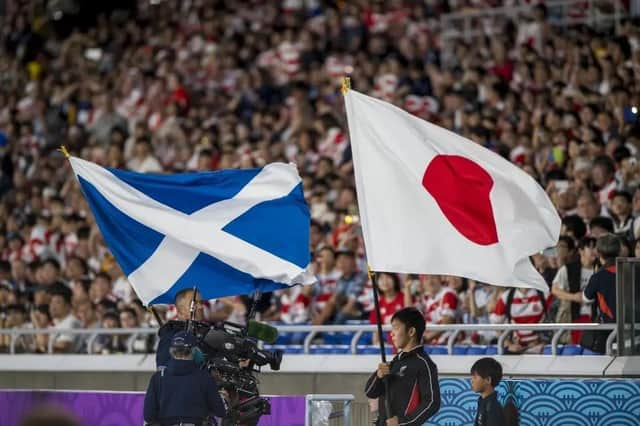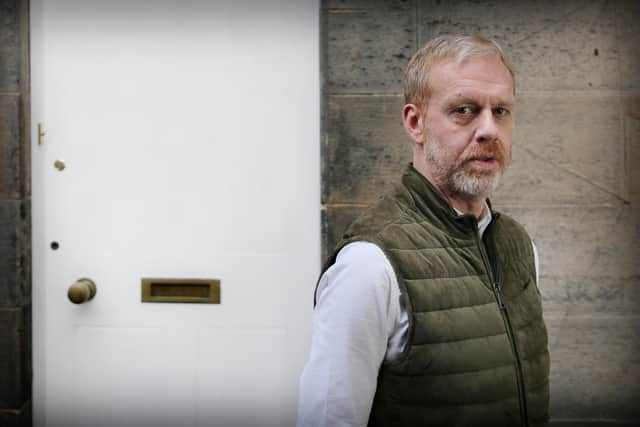'Scottish Samurai' who became legendary figure in Japan - Nick Freer


The Scots and Japanese teams have been evenly matched in recent years, with the latter edging Scotland when the East Asian nation staged the Rugby World Cup in 2019. Scotland reversed the scoreline on Saturday, although by the final whistle I had already made tracks back into central Edinburgh to avoid the post-match throng.
I always think of these kinds of international sporting events as being cultural experiences too, more so if you’re travelling to an away game of course, and it was good to see a sprinkling of Japan fans before, during and after the match.
Advertisement
Hide AdAdvertisement
Hide AdI caught up with a pal earlier in the week who studied Japanese at Kobe University in the Hyōgo Prefecture in the south of Japan. Murdo Maclean, a client investment manager at investment management firm Walter Scott, explained how culture and sports are intertwined in Japanese culture perhaps as much as anywhere else on the planet.


In Maclean’s view: “As island nations, neither countries are particularly used to dominating world sport. Nonetheless, both have a long and rich history, at points punching well above their weight on the international stage. Perhaps because both draw upon a relatively small domestic pool of talent, in turn they must develop their own particular brand of play. Both play the role of underdogs well, with a style typified by bags of spirit and passion that always seems to draw in the neutral.”
Murdo also reminded me about Thomas Blake Glover, a Scottish merchant from Fraserburgh, immortalised as the ‘Scottish Samurai’ in the book by Alexander McKay. Surely, biographies of business figures through the centuries don’t get much better than Glover’s.
One of the very first westerners to establish a business in Japan, more impressive is the widely held belief of Glover being one of the founding fathers of modern Japan itself.
In 1859, at the tender age of 21, he helped establish Jardine, Matheson & Co in Nagasaki, going on to set up his own trading company two years later. The 1860s were prolific for Glover, trading ships and arms to clans across Japan, introducing the country’s first steam locomotive, the Iron Duke, in 1865, and then commissioning one of the first modern warships to serve in the Imperial Japanese Navy.
Glover’s list of firsts go on - coal mines and dry docks included, while ingratiating himself with the clans that toppled the incumbent regime in Japan. All great entrepreneurs fail at some point, the low point for Glover being his bankruptcy in 1870.
But by God, this is Thomas Blake Glover from Fraserburgh we are talking about, and the determined young man was back with a punch, founding the shipbuilding company that became the Mitsubishi Corporation of Japan, and co-founding what is now the Kirin Brewery Company - if ever a guy deserved a cold beer after a long day in the office…
Presumably though, it was a few glasses of sake that were raised when Glover became the first non-Japanese recipient of the Order of the Rising Sun in 1908.
Nick Freer is the founding director of strategic corporate communications agency Freer Consultancy
Comments
Want to join the conversation? Please or to comment on this article.